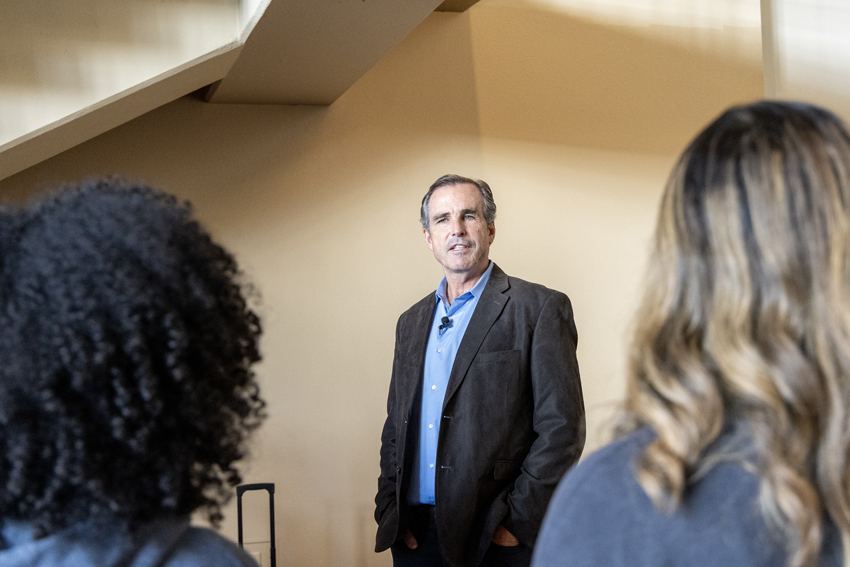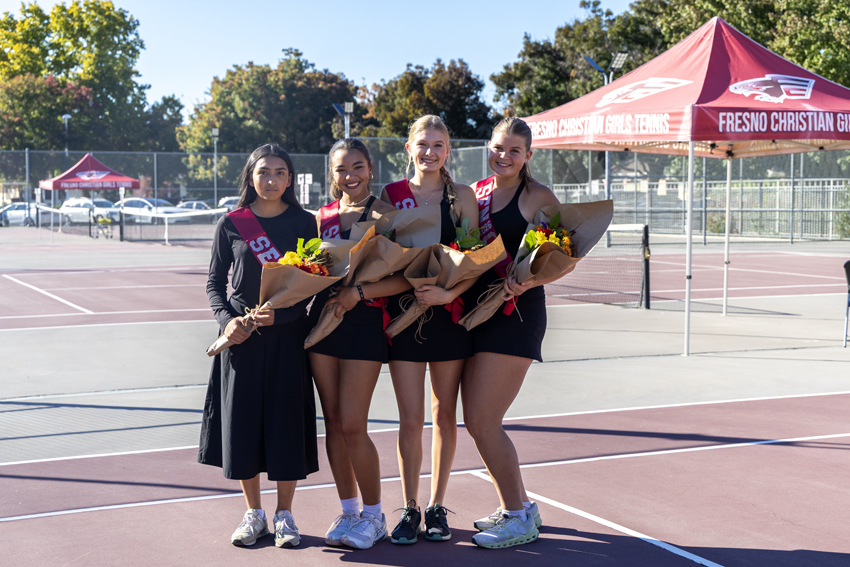Every relationship encounters disagreements, confusion and arguments. Teens must discern which friendships should end and which ones are worth the fight.
Alumnus Aaron Ortiz, ’07, was involved in a relationship that lasted two years. He believes that due to many struggles, their relationship became unhealthy.
“I was very attached and after the relationship ended I was crushed,” Aaron said. “I actually got physically sick afterwards, needless to say the strong emotions affected my physical health. To this day I still feel some repercussions of the emotions I felt which is probably close to what happens in a divorce.”
Ortiz went on to describe how his relationship affected his understanding of love and how it affected him.
“My last girlfriend and I were very close while we were together,” Aaron said. “As for love, as the Greeks characterize love, it probably fell into the categories of Eros and Phileo. Eros being love based on attraction and outward emotional feelings, and Phileo the love of a friend. Agape is the unconditional love and since our relationship didn’t last forever it was definitely not close. As for what point I decided I loved her, it was probably when I felt it mutually.”
In numerous cases, someone misinterprets a friendship for a relationship, causing tension for the other, who lacks the same feelings.
“My best guy friend and I started off being just friends, but sometime over three years, he developed feelings that I couldn’t reciprocate,” an anonymous junior girl said. “When he started to act on his feelings, it nearly ended our friendship, because I felt like I couldn’t act like myself around him anymore. I felt like I couldn’t do anything about it and I just wanted to escape.”
Other setbacks often complicate relationships and “escape” is not always possible.
“A lot of times I wish I didn’t get pregnant,” Jennifer Ortiz (no relation), former student, said. “I feel like I had to grow up fast. I want to be able to do what every other teen gets to do: hang out with friends, go to school, the normal stuff. I miss my friends, I don’t think there is a day that goes by that I don’t wish I was back at school with all my friends, living a normal teenage life.”
While director Jason Reitman’s new film spotlights a pregnant 16 year old, the protagonist Juno MacGuff (Ellen Page) faces little hardships other than being called an “irresponsible teen”. In addition, Reitman seems to sugarcoat the effects of teen pregnancy on relationships.
“The hardest part of being pregnant is throwing up all the time and it was really embarrassing,” Jennifer said. “Being a mom at 17 has been very difficult. I thought it was going to be much easier than it is, but it was a total surprise on my part. Also Danny being deployed has made it even harder. I haven’t been able to do much, like go to school, or just be a teen. I can’t do things a normal teenager would do.”
“When Danny (Ortiz, ’05, husband) got deployed it was hard for me to take care of my son and do schoolwork so I quit for a while,” Ortiz said. “Recently I started thinking about doing something about my education and future. Then I signed back up for school and have orientation soon. So I am debating on whether I want to finish high school or get my GED, because I have been thinking about joining the Air Force.”
Jennifer currently raises her son by herself while balancing her home studies and social life.
“I have thought about what it would be like if we got divorced,” Jennifer said. “Like what would happen to our son, who would he live with and how he would take it when he got older. My parents divorced when I was two and I don’t ever want to put him through what my brother and I went through.”
“I think this whole deployment has been the greatest difficulty in our relationship.” Jennifer said, “It has been hard on both of us; Danny hasn’t been able to see our son grow up or be the father/husband he wants to be. I haven’t been able to do much with my education because I have had to take care of our son. But we work through it and we both know that when he comes home everything will be perfect. We have had several serious fights that have almost led to us to get a divorce. It?s been hard, but we work through it all.”
Although every relationships faces these or similar “times of crisis”, teens can become relationally lost when deciding how to cope with conflict situations.
“Relationships in the teenage years are a lot harder than people seem to understand,” an anonymous campus teen said. “Not only do we have to deal with school and becoming adults, we also have to worry about whether or not someone feels the same and what to say to that special person to let them know how we feel.”
“That and peer pressure makes it hard for us to discern whether or not a certain friendship is healthy or detrimental. Although we wish for problems to disappear, it doesn?t change reality that we must deal with the problem. It’s obvious we need help, but feel like we can’t ask for it.”






